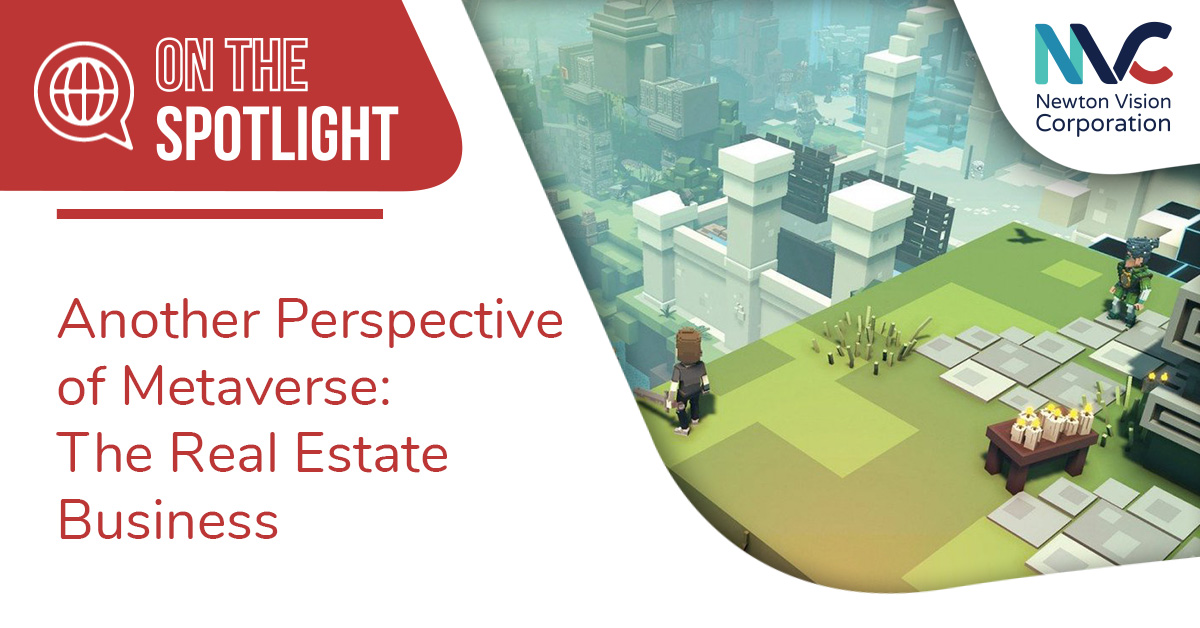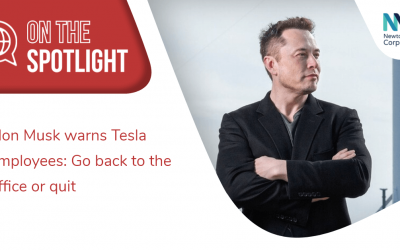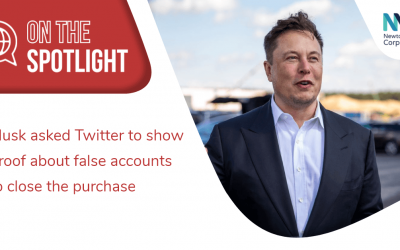Metaverse Real Estate Sales reached over $500 million in 2021, and according to investors, could be twice as much for 2022. Back in January 2021, real estate sales on this virtual space topped $85 million, and it is projected to reach ten times that number in January 2022.
The sales’ increase was triggered by Facebook’s announcement on October 28th, when the company stated they’ll change its name to Meta to focus on “The Metaverse”. Metaverse real estate sales surged to $133 million in November 2021, but they started fading since then. Despite sales decreasing, January’s sales on 2022 will be higher than January 2021 levels. According to BrandEssence Market Research’s report, The Metaverse Real Estate Market is projected to grow at an annual rate of 31%, from 2022 to 2028.
The Kings of Metaverse Real Estate
Republic Realm paid $4.3 million for land in Sandbox, the largest metaverse real estate platform. The company is currently working of 100 islands development, called Fantasy Islands. These islands include their own villas and a market of boats and jet skis. In the first day released, 90 of the 100 islands were sold for a price of $15,000 each. Now, some are listed to be resold for over $100,000.
Investors are figuring how to assign value and risk to an artificial asset whose future is uncertain. Many platforms are now selling real estate in the metaverse, and so far, sales have been concentrated on the “Big Four”: Sandbox, Decentraland, Cryptovoxels and Somnium. On these four there are 268,645 parcels of different sizes. Sandbox leads the market with 62% of land availability, both on the four platforms and on three-quarters of all land sales in 2022, according to a report from Republic Realm.
Is It a Location Matter?
Lot of companies and investors are pouring into the new land trend. Janine Yorio, CEO of Republic Realm, said that the value of the metaverse real estate will depend on what owners have planned to do with their properties, like designing a popular place. “You can teleport anywhere, so location isn’t as important,” she said.
On the other hand, other investors think that location in the metaverse is as much as relevant just like in the real world. Prices for lots near to Snoop Dogg’s planned partnership are fetching a premium, along with parcels near the Atari development.
While real land has natural scarcity, virtual land is easily created by coding, with no limitations for land platforms developers. Even the biggest ones could create more lands, just as Sandbox did when they decided to increase its parcel sizes. However, there are others who think differently, like Edward Castronova, media professor at Indiana University: “The Metaverse real estate sales are generally a pyramid scheme and have been for more than 20 years, and it is El Dorado for internet startups. They chase it into the jungle and die.”





